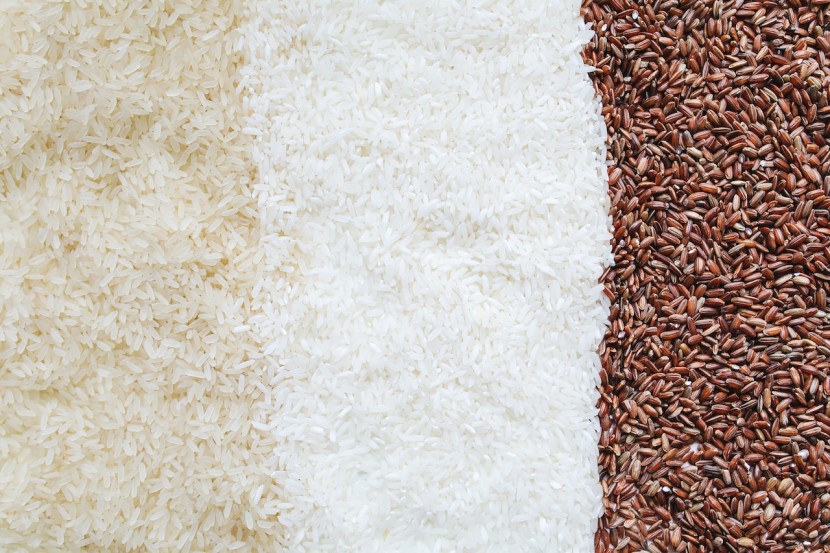
India has prohibited the export of all white rice varieties except basmati to keep local prices stable in advance of a national election scheduled for early 2024. Notably, the nation is known as the world's largest exporter of rice.
Ban on Grain Exports
A statement from the Directorate General of Foreign Trade confirms a previous story that said the administration had immediately banned exports of the grain. It said that India would enable shipments to other countries depending on authorization provided by the county to other nations to satisfy their food-security requirements and on requests made by those governments.
While this may help keep food affordable at home, it may cause international prices for the staple to rise at a time when a return of the El Niño weather pattern is already causing fear that crops may be damaged.
Prices for a number of other important grains have risen recently as tensions in the Black Sea area have increased, and fears have been raised that Russia may attempt to weaponize food commerce.
According to Bloomberg, the new decision by the South Asian nation would affect around 25% of overall rice shipments from India, according to a government news release. The country has already put curbs on wheat and sugar exports. Roughly half of the world's population relies on this grain, with Asia using roughly 90% of the global supply.
President of the Rice Exporters Association BV Krishna Rao said the decision is unpleasant for the trade industry. He predicted that as a result of this, African countries might no longer receive supplies from India. In reference to the rising rice prices in the area, he added, "We will request the government to reconsider the ban as soon as the situation improves."
Exporters who began loading grain onto ships before the notice will be permitted to continue doing so. Traders who have already filed their shipping invoices and whose ships are docked at Indian ports will be given permission to transport rice, as well.
India's Rising Food Costs
Food inflation is a problem in India, especially for basics like grains, fruits, and vegetables.
Data from the food ministry shows that retail rice prices in Delhi have increased by almost 15% this year, while the average price throughout the country has gone up by more than 8%. Since the beginning of 2023, the cost of tomatoes has risen in certain parts of Delhi by more than five times as severe rains have ruined crops and slowed down truck traffic.
Following Russia's invasion of Ukraine, which caused a spike in the price of wheat, maize, and other basic foods, India prohibited shipments of broken rice and slapped a 20% levy on exports of white and brown rice. More than a hundred nations get rice from this country and it accounts for nearly 40% of the world rice trade.








